Heard it through the grapevine: The rise and fall of the Fleet Street diarist
Once trusted confidant to princesses, pop stars and politicians, whatever happened to the newspaper diarist? David Lister, erstwhile diary writer of this esteemed organ, laments the passing of such a fine and noble tradition

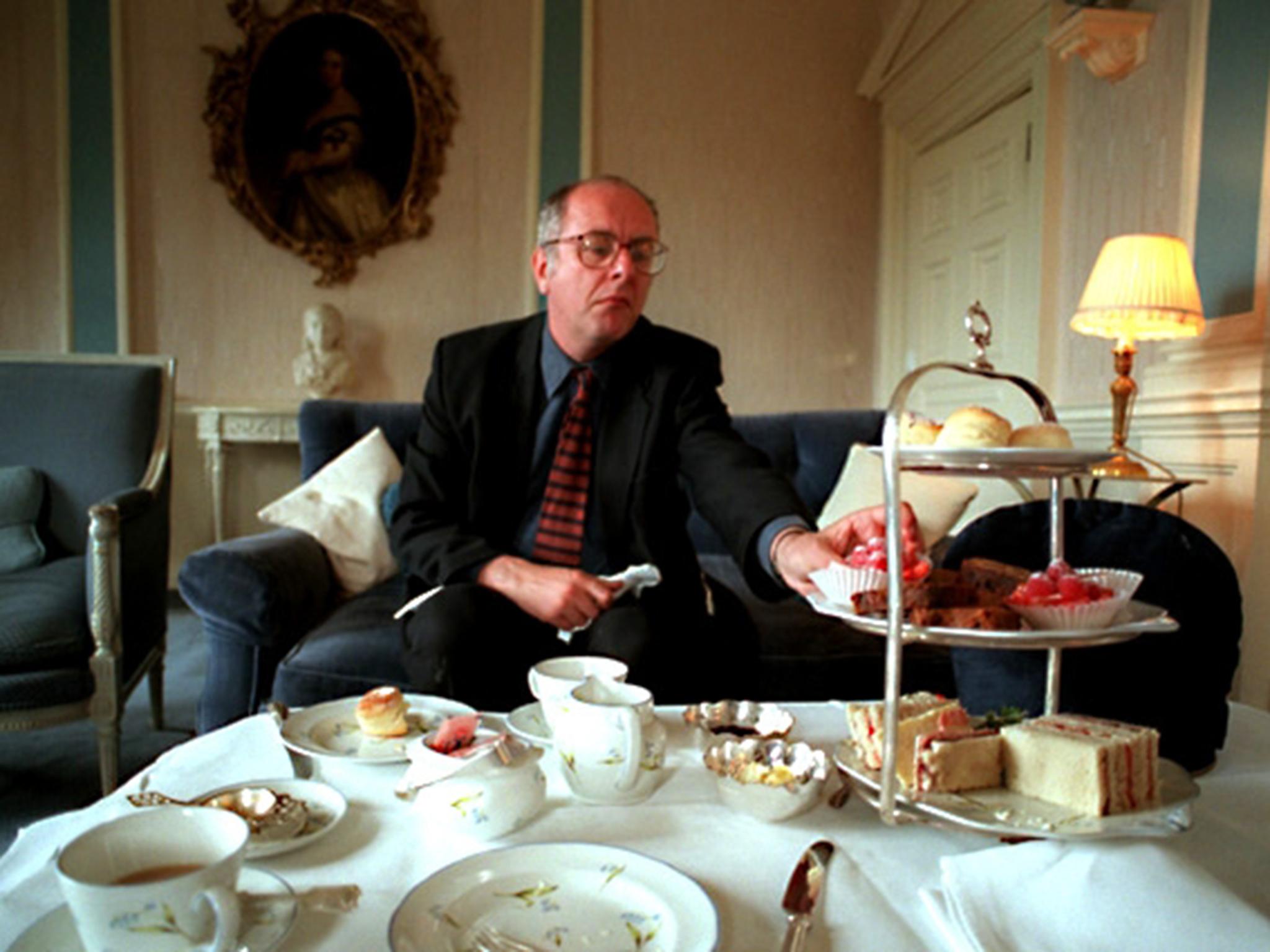
In 1986 the then editor of the Daily Express, Sir Nicholas Lloyd, killed off the William Hickey column. Though it was later resurrected (and then killed off again) this demise of the oldest and most famous of newspaper diaries was met with dismay among Express staff. Yet anyone walking down Fleet Street on that day would have seen a remarkable sight. There opposite the Express building was the celebrated Daily Mail diarist Nigel Dempster, in black coat and top hat, dancing on the “coffin of Hickey”.
The great diarists had great rivalries. Dempster, in one of his more lyrical moods, once included in his diary the death of his beloved pet chihuahua, Tulip. “The Dempster household is in mourning… Christmas will never be the same again,” he lamented. The next day the Hickey column in the Express had an item which read: “The diary is in mourning. Nigel my pet ferret has passed away after 25 years of faithful service. I shall miss his little nose sticking out of the bars of his bespoke cage. We shall not see his like again.”
Dempster was beside himself with rage. Those were the days.
Rivalries were part of the flavour of the newspaper diaries of old. Another aspect was the diarists themselves adopting larger than life personalities, often the biggest personalities in their respective newspaper offices, and acting in suitably outlandish manner.
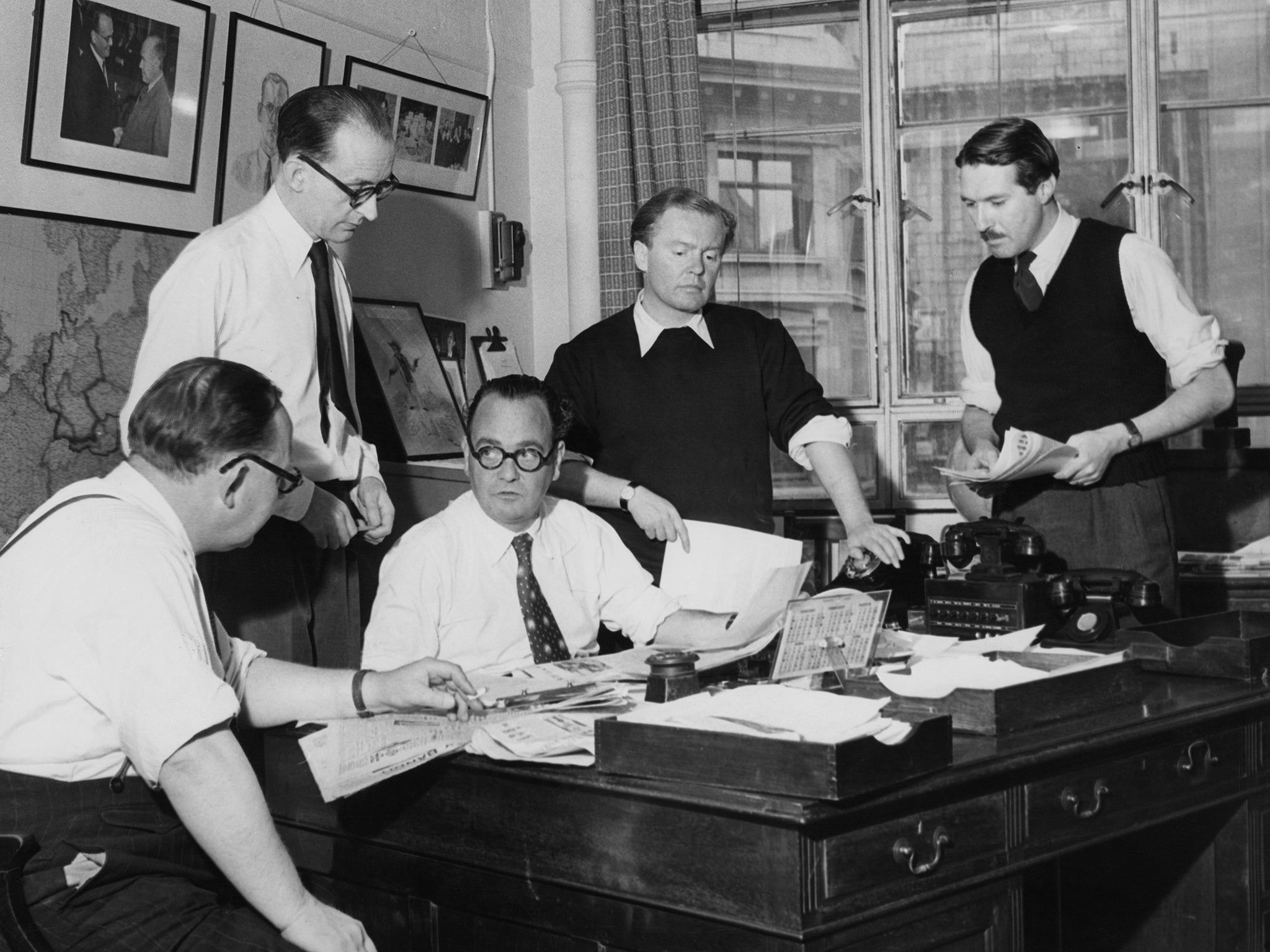
One such, still going strong, was John McEntee, a veteran of William Hickey on the Express, The Times diary, the Mail’s Wicked Whispers column and now of the Ephraim Hardcastle column on the Daily Mail. When McEntee was diarist on the Sunday Express he was invited “downstairs’’ to perform the same role on the sister paper by Daily Express editor Sir Nicholas Lloyd. But the move was blocked by Sunday Express editor Eve Pollard, ironically also Lady Lloyd.
McEntee reacted in the style one should expect of a true Fleet Street diarist. He used his Irish charm to wheedle out of Pollard’s secretary what cocktail parties, book launches and receptions her boss was invited to over the next couple of weeks. At each one Eve Pollard would find, loitering close by, her diarist singing “Please Release Me”. She did.
The diaries of old were noted for two factors in particular. They were run by some of the newspapers’ finest writers. And they broke real stories. The Profumo affair, Christine Keeler, Mandy Rice Davies et al, came to light in a diary column. Harold Wilson’s shock resignation as prime minister in 1976 was broken by the foremost diarist of the day, Nigel Dempster of the Mail.
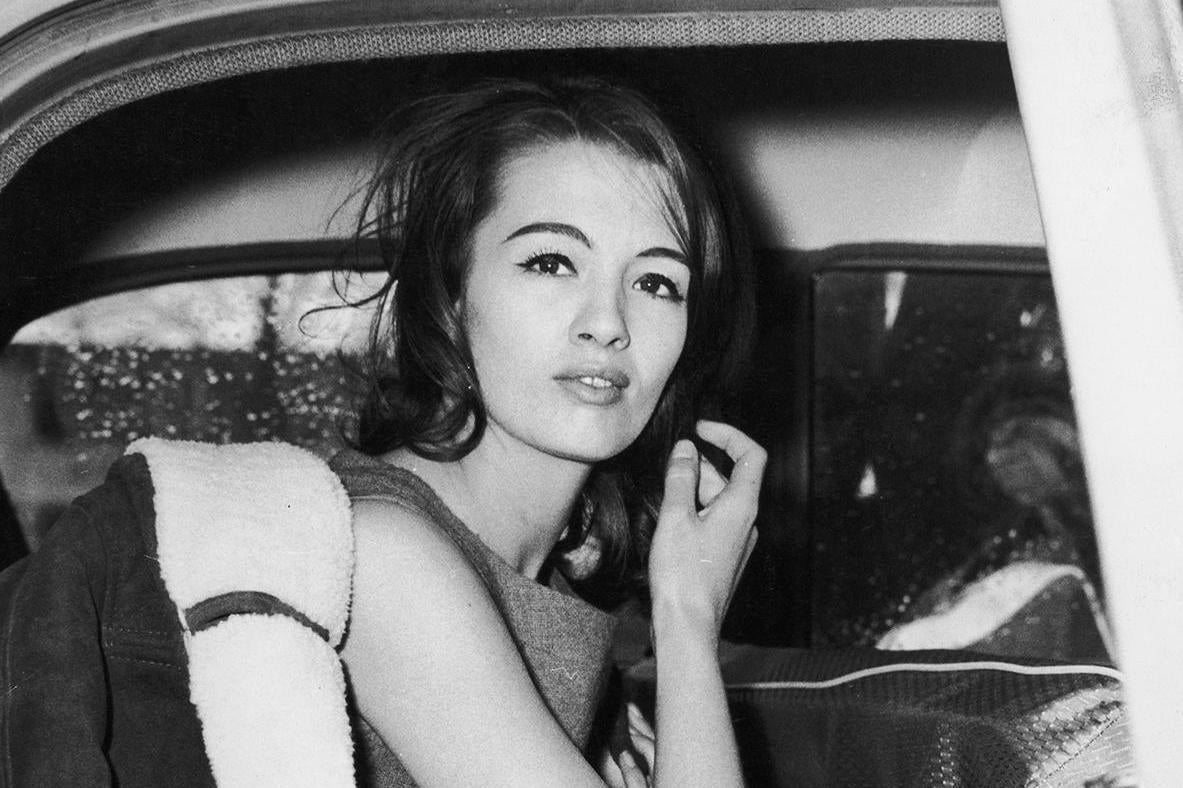
Dempster was an interesting case. He wrote a lot about the aristocracy, but he not only wrote about that circle, he inhabited it. He was married to a titled lady, and when he reported gossip, you always knew it was coming first-hand, rather than third or fourth. Like other diarists in the Seventies he wrote about Princess Margaret’s holidays in Mustique with her lover Roddy Llewellyn. Unlike other diarists he was invited to stay with them.
When McKay ran Londoner’s Diary on the London Evening Standard, the diary had more than its fair share of corrections and apologies to deal with. McKay used to answer the phone: ‘Hello, Londoner’s Apology’
In general, the aristocracy was treated with little of the air of deference that the diaries of previous decades had treated them. The Sixties had changed all that. The birth of Private Eye magazine, the satire boom and the breaking of old class distinctions had all filtered through to newspaper diary columns. Old-fashioned deference had given way to mischief, satire and scurrilous revelations. Any seeming deference was now tongue in cheek, a soupcon of respect leading to a story of infidelity or fraud.
In the history of newspaper diarists few would argue that one of the greatest writers (and story-breakers) was Cassandra of the Daily Mirror. William (later Sir William) Connor wrote a column cleverly named after the figure of ancient Greek legend doomed to prophesy the truth and never be believed.
Connor’s memorable escapades included a confrontational interview with the notorious witch-hunter of alleged communists, Senator Joseph McCarthy, while McCarthy was in the dentist’s chair. Perhaps most famously Connor outed the entertainer Liberace when he was on a tour of Britain in 1956 and in an era when so doing was, sadly enough, a story. Liberace sued and the Mirror lost heavily. When the entertainer died and it became evident that Liberace was gay, the Mirror wrote an editorial which was part tribute but ended: “P.S. Can we have our money back?”
Cassandra’s stint as Mirror diarist stretched over 30 years, breaking only for the Second World War. He began his first column after peace was declared, writing: “As I was saying before I was so rudely interrupted…”
Cassandra was unusual in mixing playful diary items with a campaigning zeal. He deplored the death sentence handed out to Ruth Ellis and on the day she was to be hanged, he wrote: “The one thing that brings stature and dignity to mankind and raises us above the beasts will have been denied her – pity and the hope of ultimate redemption.”
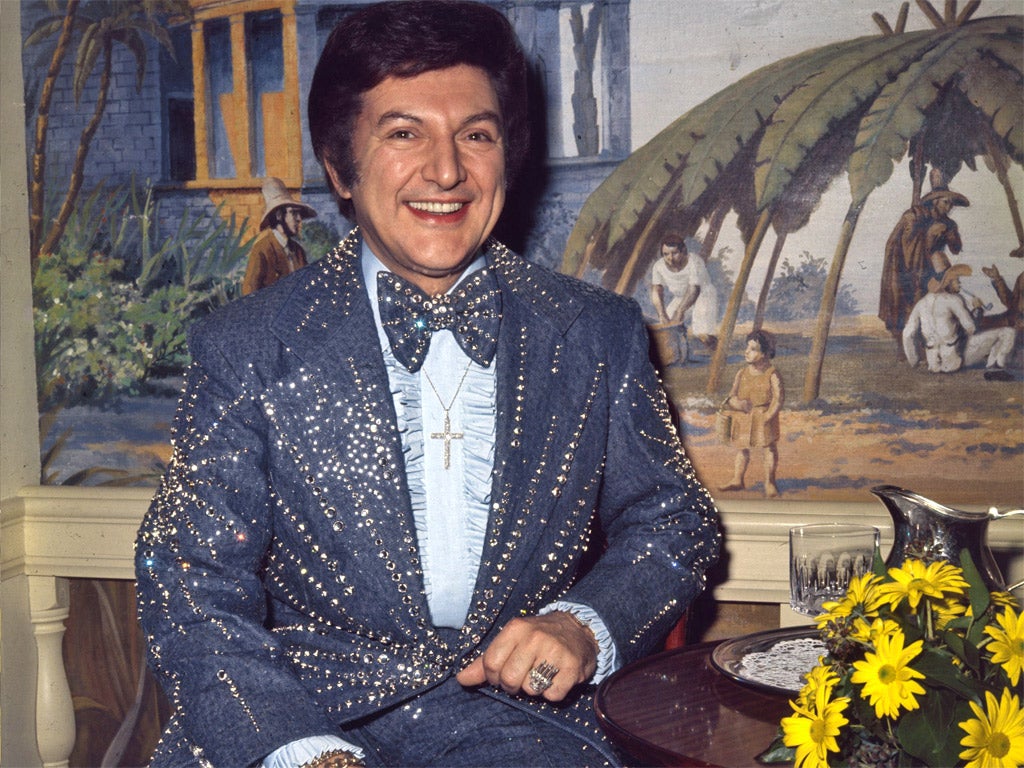
After Connor’s death in 1967, the Mirror attempted to maintain the tradition of top writers running the diary column, Indeed, Cassandra was succeeded by novelist and playwright Keith Waterhouse, the author of Billy Liar. But over the years, while it promoted its diarists as personalities, the subject matter became more about TV, showbiz and celebrities.
And one key aim was to make the news as well as reporting it. I was present at a press conference with Madonna, also attended by the then Mirror diarist Matthew Wright. She had just had a baby, and Wright rushed to where she was sitting and, accompanied by photographer gave her a present from Mirror readers of a babygrow. Madonna looked distastefully at it. But Wright’s column had its picture story for the next day.
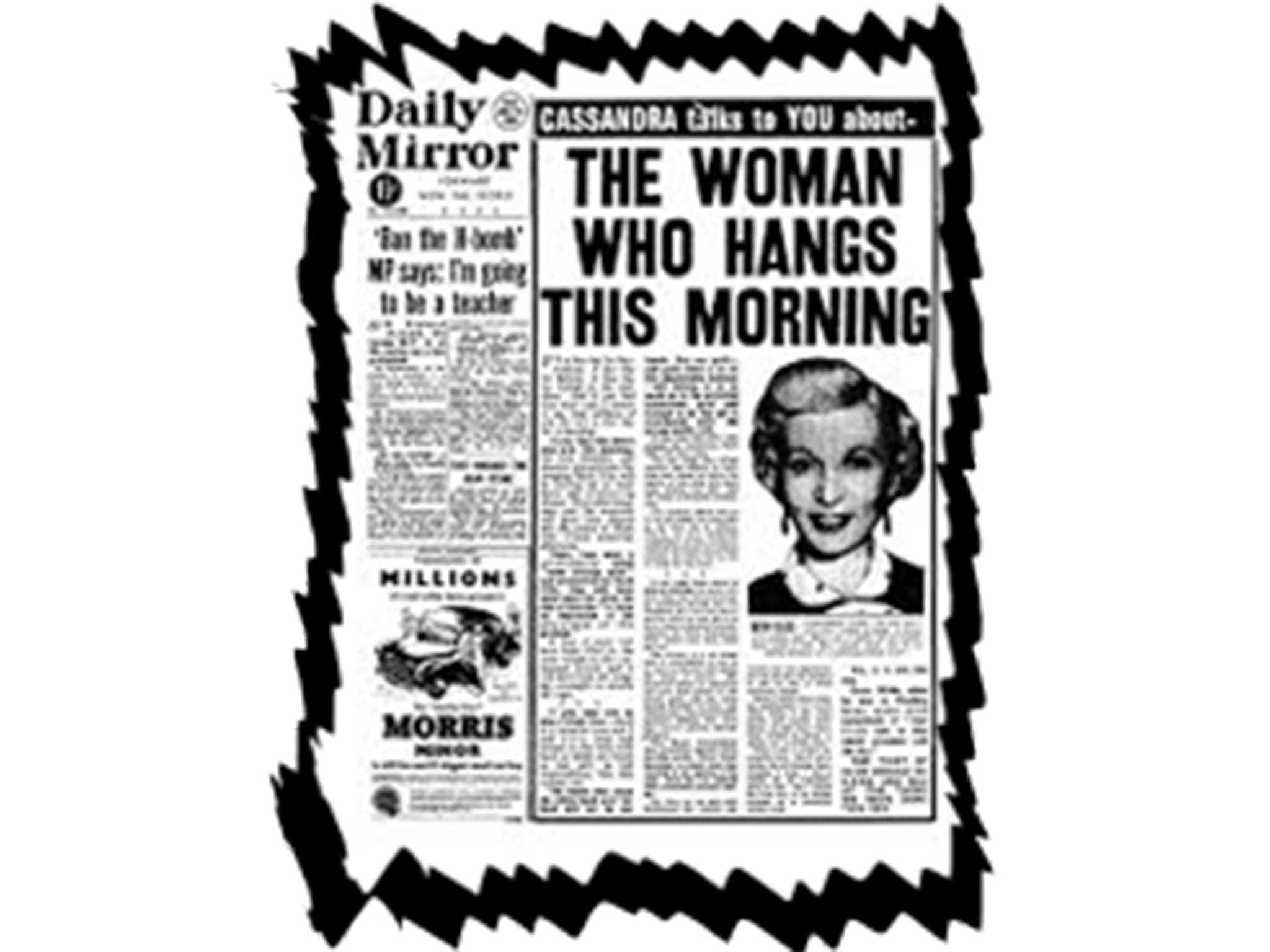
When Wright left the Mirror for his career in TV, the then Mirror editor Piers Morgan told me he was hatching a brand new idea that would change the nature of the diary column. So it proved. He introduced “The 3am Girls”, three female journalists who spent the late nights out clubbing with celebs, became part of the story on a daily basis, and tried to make readers feel they could virtually smell the inside of a club seething with big names behaving badly.
The great days of the newspaper diary were often characterised by lavish expenses, lavish lunches and numerous legal threats and demands for corrections and apologies. Indeed, Peter McKay was and remains one of the great diarists, with the all-purpose payoff line to a thousand stories, “Isn’t life grand.” When McKay ran Londoner’s Diary on the London Evening Standard, the diary had more than its fair share of corrections and apologies to deal with. McKay used to answer the phone: “Hello, Londoner’s Apology.”
McEntee used his lavish expenses wisely (some of the time) hosting lunches for the great and not so good, which would normally produce stories. One that he recounts in his illuminating book I’m Not One To Gossip, But… is of the time his lunch guests included the wonderful comic actress and Royle Family star Caroline Aherne and Sir Denis Thatcher.
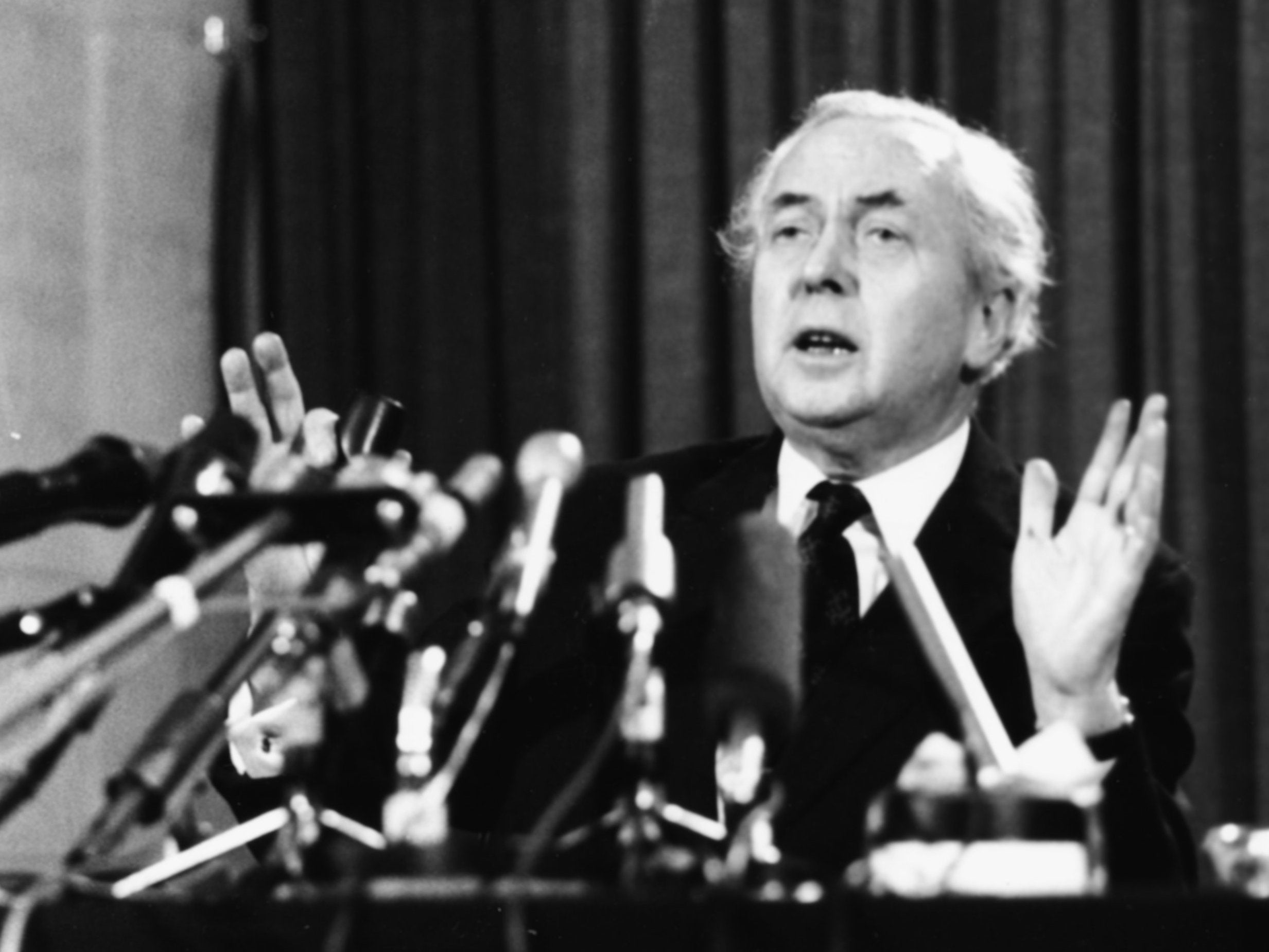
McEntee had his guests sign a visitors’ book when they left, and was astonished to find that Sir Denis had left a message: “Dear John, Thank you so much for a delightful lunch and I am so sorry my wife Margaret f***ed up the country. Denis (Thatcher).”
It took a while for the penny to drop that a mischievous Aherne had written the message. It made a story anyway.
The diarists in those days did venture, occasionally, beyond Fleet Street and its watering hole El Vino’s. McEntee would drink with the artist Francis Bacon in Soho’s Colony Room, where Bacon advised him that his mantra was: “Here is champagne for my real friends, and real pain for my sham friends.”
There was a time when an airhead socialite like Paris Hilton was big news for a diary column, but now she’s all over the papers anyway
Of course, the “posh” papers took a rather different attitude to diary writing. Though they could indeed be mischievous, they saw the source of stories as politicians and public figures rather than celebs and the aristocracy. When The Independent was launched in 1986, it appointed as its diarist Francis Wheen, a fine stylist and student of politics. He is now a mainstay of Private Eye. Pandora, the name The Independent later gave to its diary, could be waspish but kept as its targets the sort of people upmarket newspaper readers really wanted to read about.
Pre-Pandora, the diary editor for some months on The Independent was myself. The then editor Charlie Wilson named the column Eagle Eye and was in raptures of delight when he managed to have a red eagle’s eye as the logo.
I too wanted to steer the diary in the direction of Wheen, the Spectator diary and other columns with style and politics as intrinsic ingredients. I was disabused of this when Charlie invited me to a party at his home and introduced me to his wife, saying: “This is David Lister, our gossip columnist.”
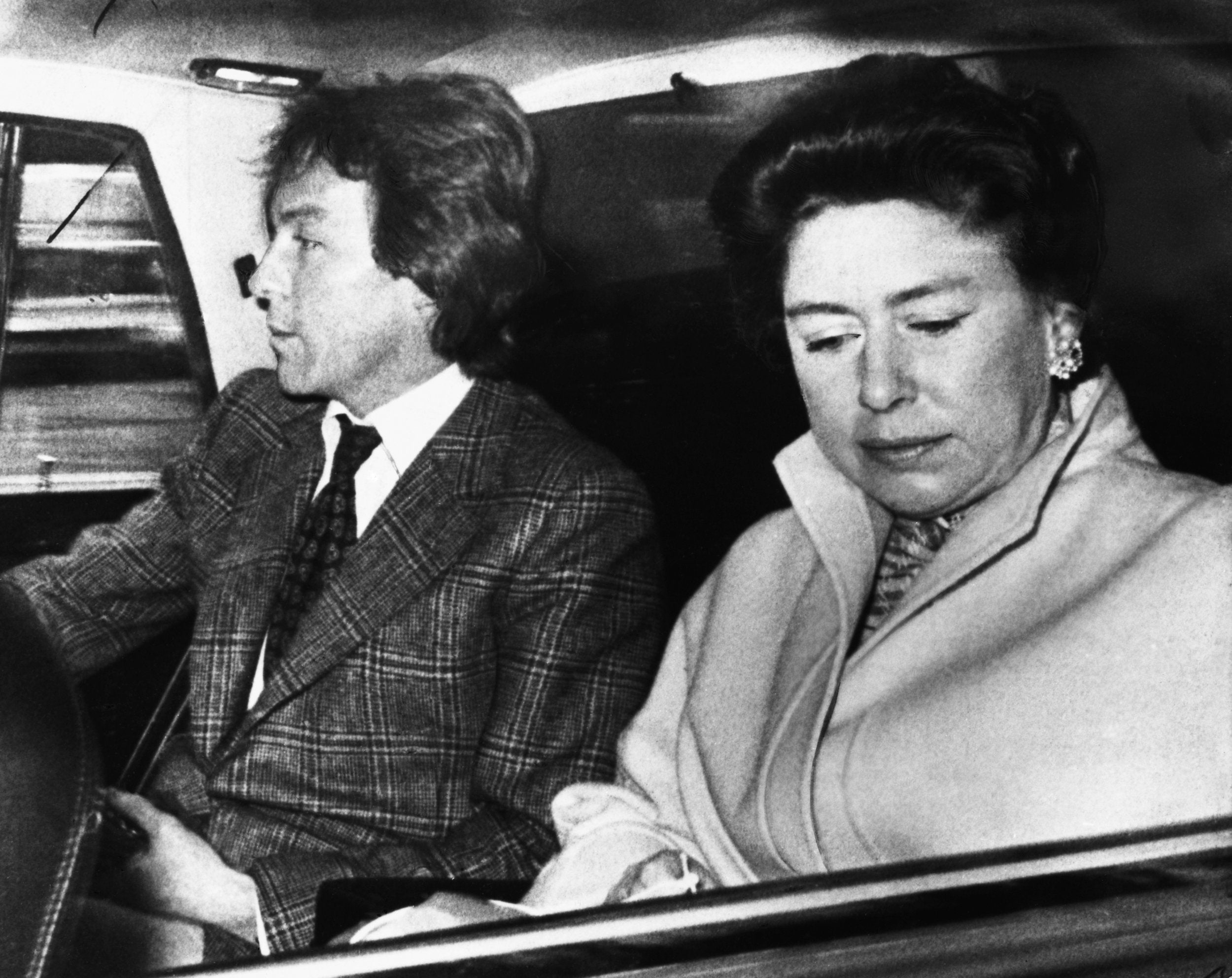
Over recent years the move towards digital has either killed off some of the diaries. In addition, over a long period, the traditional diary has become more and more redundant as the staples of diaries, gossip and celebrities have become part and parcel of the news pages.
It’s interesting to look at the comments made when The Times dropped its diary column (People) in 2009 to make way for more news coverage. The column had helped make the reputations of some journalists who went on to be pretty big names on the paper, among them Hugo Rifkind and Giles Coren.
Coren told the BBC News Magazine at the time: “Diary columns are a completely outmoded thing. Once upon a time they were a way of bringing something light and fluffy to the papers. But now so much of the papers are full of gossip that they’re totally pointless. There was a time when an airhead socialite like Paris Hilton was big news for a diary column, but now she’s all over the papers anyway.”
Rifkind, who as a diarist broke the story that Tony Blair would convert to Catholicism, added: “The diary columns that still work are the ones that pretend to be diaries but are actually full of jokes, or full of observations, or just an excuse to run a picture of a sexy posh girl every day.”
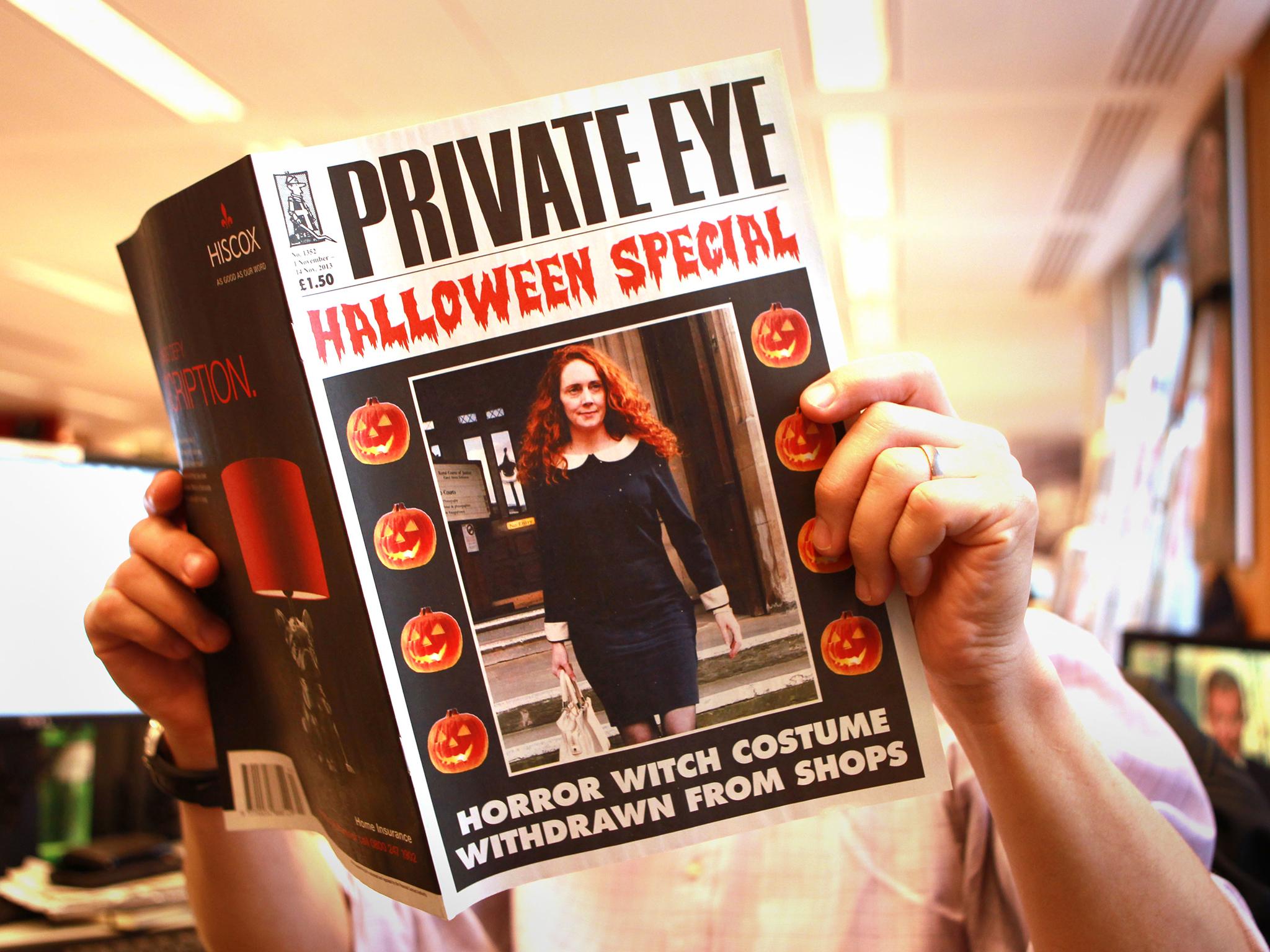
Rifkind also gave an insight into what being a diarist is really like – a little less glamorous than one might think. He said: “I don’t miss it at all. Celebrities either ignore you – which is humiliating – or are desperate to speak to you, which is embarrassing. I tended not to go to many parties, because I always reckoned that if you can’t look somebody in the eye and be rude about them, you just shouldn’t look them in the eye.“
As it happens, while a lot of those remarks remain pertinent, The Times does have a diary again, written by Patrick Kidd, with a pleasing focus on cultural items and humorous asides. But, diverting as all the current newspaper diaries are, one senses that in the main the story-breaking prowess of diaries is largely gone, and the overweening personalities of the diarists likewise.
Sean Smith, formerly of both the Mirror and People diaries, says: “The main point is that gossip columns introduced the world of celebrity stories into the public domain. They were particularly responsible for turning the royal family into celebrities. In Dempster’s case, it was Princess Margaret. They became redundant when celebrities became fair game on every single page of the paper. The diarist couldn’t hang on to anything.
“These days they are back to being amusing sidebars on the world. In a way they have gone back in time – no big stories any more, just paragraphs to make you chuckle.”
Or to put it another way, isn’t life grand.
Join our commenting forum
Join thought-provoking conversations, follow other Independent readers and see their replies
Comments